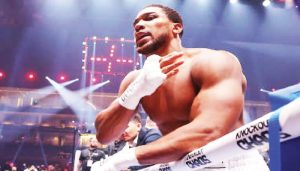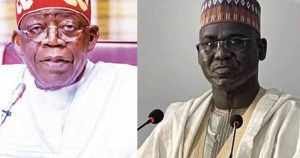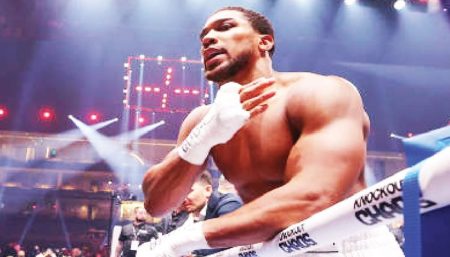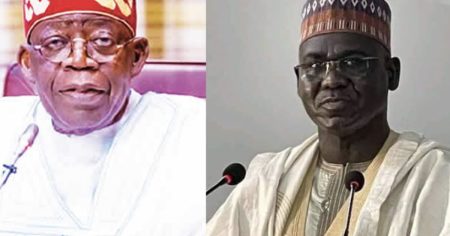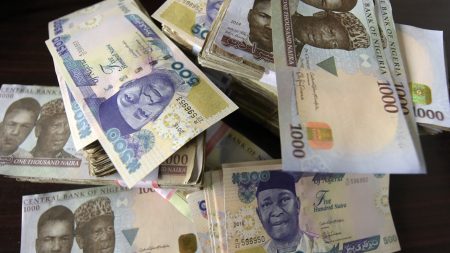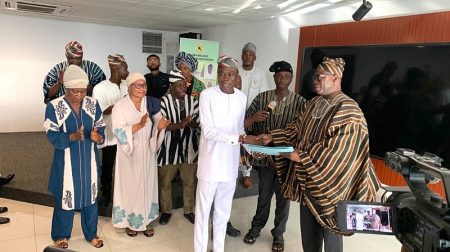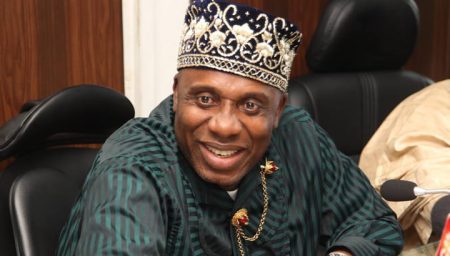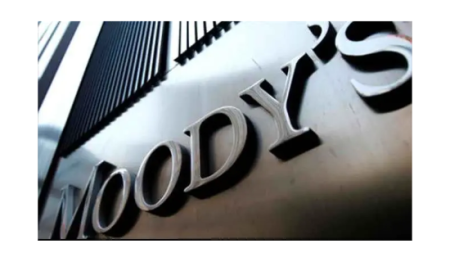Assessing Tinubu’s Two-Year Presidency: A Clash of Narratives
President Bola Tinubu’s two-year mark in office has sparked a heated debate between the administration and organized labor, with conflicting narratives about the impact of his economic reforms on the Nigerian populace. While Tinubu declared the nation to be on the path to economic stability and improved living standards, the Nigeria Labour Congress (NLC) painted a grim picture of widespread suffering and hardship, accusing the government of recycling failed neoliberal policies that have exacerbated poverty and inequality. This clash of perspectives underscores the deep divisions in how Tinubu’s presidency is perceived, highlighting the complex challenges facing Nigeria.
The NLC, led by President Joe Ajaero, vehemently criticized Tinubu’s policies, particularly the removal of fuel subsidies and the unification of exchange rates. They argued that these reforms have led to skyrocketing fuel prices, runaway inflation, and the collapse of the naira, making essential goods unaffordable for the vast majority of Nigerians. The NLC contended that these policies, reminiscent of past IMF-imposed austerity measures, have only served to deepen inequality and enrich a select few while leaving the masses struggling to survive. They challenged the government’s claims of economic progress, emphasizing the lived experiences of Nigerians who are grappling with rising costs, job losses, and food insecurity.
The All Progressives Congress (APC), however, defended Tinubu’s record, accusing the NLC of misrepresenting the situation and engaging in politically motivated criticism. Dr. Ijeoma Arodiogbu, APC National Vice Chairman (South-East), dismissed the NLC’s assessment as lacking depth and objectivity, suggesting the labor union should consult economic experts before making such pronouncements. He commended Tinubu’s bold reforms and transparency, arguing that the president is making difficult but necessary decisions for the long-term benefit of the country. The APC maintained that Tinubu’s policies are laying the foundation for a more stable and prosperous future, despite the short-term pain experienced by some segments of the population.
Tinubu, in a national broadcast marking his second anniversary, acknowledged the hardships caused by his reforms but insisted that his administration is on course to building a greater and more economically stable nation. He highlighted the growth in net external reserves and touted the benefits of his "Renewed Hope Agenda," which aims to tackle economic instability, improve security, reduce corruption, reform governance, and lift people out of poverty. He defended the fuel subsidy removal as a necessary step to free up public funds for development, while the exchange rate unification was presented as a measure to enhance transparency and attract foreign investment. Tinubu’s message sought to project optimism and reassure Nigerians that the sacrifices made will ultimately lead to a brighter future.
However, the NLC countered Tinubu’s optimistic portrayal, arguing that the government’s policies have not yielded any tangible benefits for the majority of Nigerians. They pointed to the rising cost of living, business closures, and growing hunger as evidence of the negative impact of the reforms. The NLC also criticized the government’s response to the economic hardship, accusing the administration of being hostile towards organized labor and suppressing dissent. They cited unpaid wage awards, intimidation of labor leaders, and the criminalization of protests as examples of the government’s authoritarian tendencies. The NLC’s position is that the government’s focus on macroeconomic statistics ignores the lived realities of Nigerians who are struggling to make ends meet.
The debate over Tinubu’s economic policies extends beyond the NLC. Various labor leaders across the country echoed the concerns raised by the NLC, pointing to the continued suffering of workers and the poor. They questioned the president’s claims of progress, highlighting issues such as insecurity, high cost of living, inadequate minimum wage, and the widening gap between the rich and the poor. These voices from different parts of the country reinforce the NLC’s narrative of hardship and underscore the widespread discontent with the government’s economic policies. While some acknowledged infrastructure projects as a positive step, they emphasized the need for greater transparency and a more equitable distribution of the burdens of reform.
The conflicting narratives surrounding Tinubu’s two-year presidency reveal a deep chasm in how his performance is perceived. While the government emphasizes long-term economic goals and the necessity of difficult reforms, organized labor and many Nigerians focus on the immediate pain and hardship caused by these policies. This divergence underscores the complex challenges facing Nigeria and the need for a more inclusive approach to economic development that addresses the needs of all citizens, not just a select few. The ongoing debate highlights the importance of considering both macroeconomic indicators and the lived experiences of ordinary people when evaluating the success of government policies.



